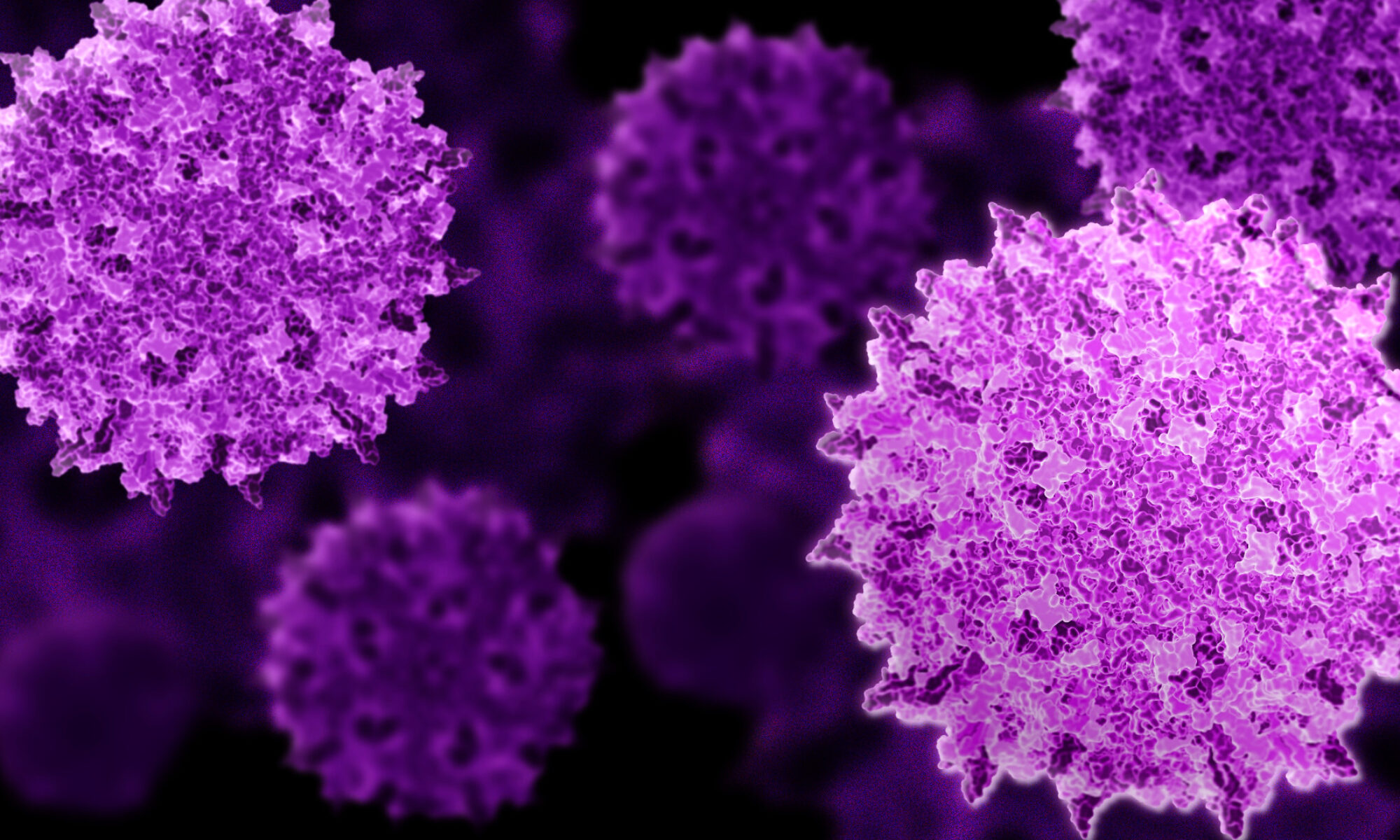The production of recombinant proteins in mammalian cell factories is one of the foundations of the modern biotech industry. The post-translational modifications that a mammalian system brings about is crucial for many of the pharmaceuticals produced today.
Naturally, there is a constant strive to enhance the protein production abilities of mammalian host systems. This is achieved either by increasing the protein yields, which would make complex pharmaceuticals more cost-efficient, or by improving their quality, ensuring that they carry the correct protein modifications that are required for a successful treatment.
In our lab, we investigate both the underlying mechanisms for protein secretion and the biological processes that restore cell homeostasis during production pressure. We have observed how the addition of certain factors greatly can improve the production of recombinant proteins.

Besides the secretion machinery, we also investigate homeostasis processes that restore the cell milieu during protein expression stresses. We have shown that when selected processes are downregulated, the cell homeostasis capability is reduced. This can in turn have a considerable positive impact on production for several recombinant proteins. However, when the host cell is expressing a protein of great complexity, an upregulation of homeostasis processes could be of importance to assist the host cell under high secretory pressure.
CHO and HEK293 are the cell lines we use for protein expression and to study the secretion machinery and cell homeostasis. In order to enhance the yields and quality of recombinant proteins, we use transcriptomic analysis to understand the biological differences between production clones and to guide us in strategies for cell line engineering.
